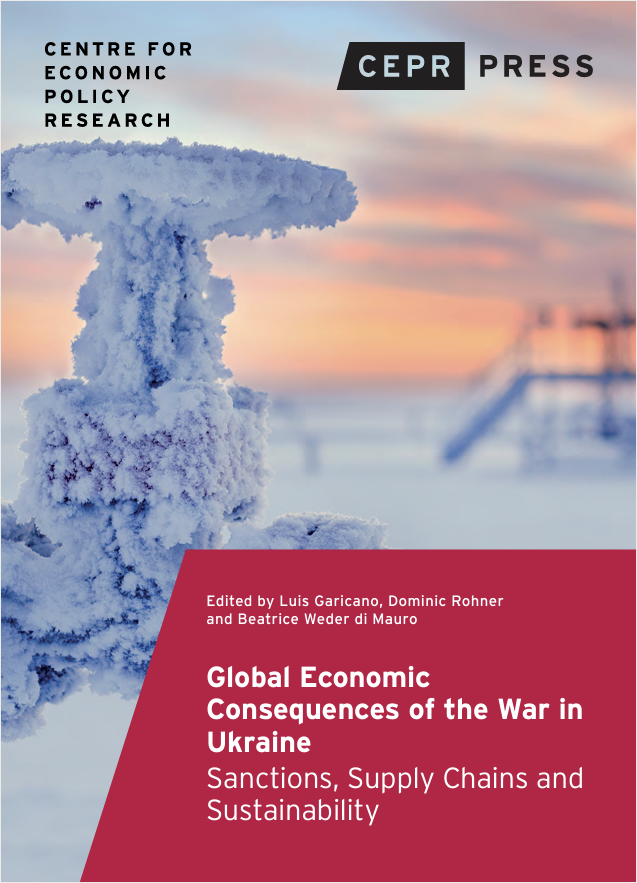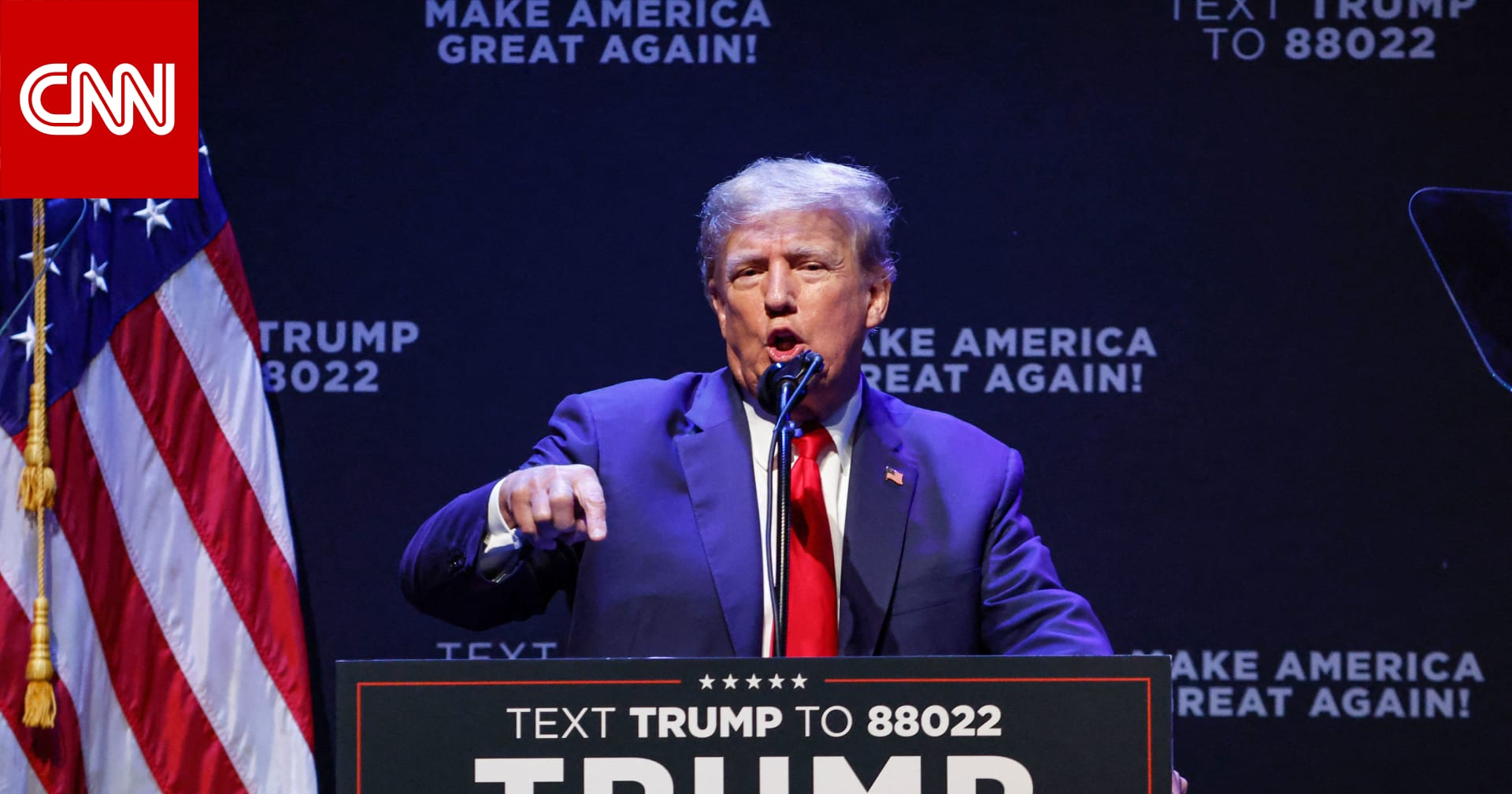The Impact Of The Ukraine Conflict On Global Military Budgets

Table of Contents
Increased Military Spending by NATO Members
The conflict has spurred significant increases in defense spending across NATO member states. Many countries are accelerating existing modernization plans and investing in new capabilities to address perceived vulnerabilities.
Significant Budgetary Increases
The Ukraine conflict has acted as a catalyst for substantial increases in defense budgets. Several NATO members have pledged to increase their spending to meet the NATO target of 2% of GDP. This commitment reflects a renewed emphasis on collective security in the face of perceived Russian aggression.
- Germany: Germany, historically hesitant about significant military spending, has announced a dramatic increase in its defense budget, committing billions of euros to modernize its armed forces and acquire new equipment.
- United Kingdom: The UK has also committed to increasing its defense spending, focusing on bolstering its naval capabilities and investing heavily in advanced weaponry.
- Poland: Poland, due to its geographical proximity to Ukraine, has seen a particularly sharp increase in military spending, focusing on strengthening its land forces and air defenses.
- Increased investment in areas such as air defense systems (including Patriot and NASAMS missiles), cyber warfare capabilities, and advanced intelligence gathering technologies is evident across multiple NATO nations.
Focus on Deterrence and Defense
This heightened military spending reflects a fundamental shift in security strategies. The focus is firmly on deterrence, aiming to dissuade potential adversaries from aggression, and strengthening national defense capabilities to withstand any potential attack.
- Increased troop deployments and readiness levels are commonplace.
- NATO has enhanced its eastern flank posture, increasing the number of troops and military equipment deployed in countries bordering Russia and Ukraine.
- Joint military exercises and collaborative defense initiatives have intensified, showcasing a commitment to collective security and coordinated response.
Impact on Non-NATO Countries
The repercussions of the Ukraine conflict extend beyond NATO members. Countries worldwide are reassessing their security postures and adjusting their military budgets accordingly.
Increased Spending in Eastern Europe
Countries bordering Russia and Ukraine, even those not in NATO, are significantly increasing their defense budgets. This reflects a heightened sense of vulnerability and a necessity to enhance border security and defense modernization.
- Finland and Sweden: Following their applications to join NATO, both Finland and Sweden have significantly increased their defense budgets, driven by direct security concerns relating to Russia's actions in Ukraine.
- Other nations in Eastern Europe, such as the Baltic states, are similarly boosting their military capabilities, prioritizing investments in air defense and anti-tank weapons.
- This increase underscores a broader geopolitical shift, with countries prioritizing defense spending to safeguard against potential threats.
Divergent Responses Elsewhere
While some nations are dramatically increasing their military spending, others are taking a more measured approach. Economic constraints and differing national security priorities lead to a global disparity in responses.
- Some countries are modestly increasing their defense budgets, focusing on specific areas of concern.
- Other countries, due to economic pressures or differing geopolitical priorities, are maintaining or even reducing their military spending.
- This divergence underscores the nuanced nature of global security concerns and the varying capacity of nations to respond to the challenges posed by the conflict in Ukraine.
Shifting Priorities in Weapon Procurement
The Ukraine conflict has profoundly altered weapon procurement priorities, creating unprecedented demand for certain weapon systems and impacting global supply chains.
Demand for Specific Weapon Systems
The conflict has created an unprecedented demand for specific weapon systems, notably anti-tank guided missiles (ATGMs) and air defense systems. This surge in demand has strained production capacity and highlighted vulnerabilities in global supply chains.
- The high demand for ATGMs like Javelin and NLAW, and air defense systems like Stinger and NASAMS, has led to increased production and expedited deliveries.
- This has impacted production timelines, causing delays in fulfilling orders for other countries.
- International arms sales have played a significant role in supplying Ukraine and supporting the heightened global demand.
Investment in Cyber and Intelligence Capabilities
The conflict has underscored the crucial role of cyber warfare and intelligence gathering in modern conflict. This is driving increased investment in these capabilities.
- Nations are investing in enhanced cyber defenses to protect critical infrastructure and counter potential cyberattacks.
- Intelligence gathering capabilities are being modernized, emphasizing satellite imagery, signal intelligence, and human intelligence.
- This shift in priorities reflects a growing understanding of the importance of asymmetric warfare and information dominance in modern geopolitical conflicts.
Long-Term Implications for Global Security
The Ukraine conflict has far-reaching implications for global security, potentially triggering an extended period of heightened geopolitical tensions and an arms race.
Increased Geopolitical Tensions
The conflict has exacerbated geopolitical tensions between major powers, potentially ushering in a new era of great power competition and increasing the risk of further military conflicts.
- The conflict has led to increased mistrust and strained relations between major global players.
- The potential for further escalation and regional instability is a major concern.
- This heightened tension underscores the need for diplomacy and de-escalation efforts to prevent further conflict.
Economic Burden of Military Spending
The substantial increase in global military spending carries a significant economic burden, diverting resources from essential sectors like healthcare and education.
- Increased military spending can lead to higher taxes, reduced social programs, and economic instability.
- The opportunity cost of military spending must be considered, particularly in developing nations with limited resources.
- A balanced approach to national security and economic development is crucial to mitigate the negative economic consequences.
Conclusion
The Ukraine conflict has undeniably triggered a substantial realignment of global military budgets. The resulting surge in defense spending, altered priorities in weapon procurement, and heightened geopolitical tensions are shaping the future of international security. Understanding the multifaceted impact of the Ukraine Conflict on Global Military Budgets is critical for policymakers, analysts, and citizens alike. Staying informed on these evolving trends is paramount to navigating the complex geopolitical landscape and fostering a more secure and stable future. Continue following credible news sources and research to stay abreast of changes in global military spending and the evolving implications of the ongoing conflict.

Featured Posts
-
 Miedzynarodowy Dzien Zwierzat Bezdomnych 4 Kwietnia Solidarnosc Z Bezpanskimi Zwierzetami
Apr 30, 2025
Miedzynarodowy Dzien Zwierzat Bezdomnych 4 Kwietnia Solidarnosc Z Bezpanskimi Zwierzetami
Apr 30, 2025 -
 A Day In The Life Exploring Our Farm Next Door With Amanda And Clive
Apr 30, 2025
A Day In The Life Exploring Our Farm Next Door With Amanda And Clive
Apr 30, 2025 -
 Knda Twajh Thdyat Aqtsadyt Thdhyr Tramb Mn Alaetmad Ela Alwlayat Almthdt
Apr 30, 2025
Knda Twajh Thdyat Aqtsadyt Thdhyr Tramb Mn Alaetmad Ela Alwlayat Almthdt
Apr 30, 2025 -
 Olivia Wilde And Dane Di Liegros Relationship A Look At Their Recent Public Appearance
Apr 30, 2025
Olivia Wilde And Dane Di Liegros Relationship A Look At Their Recent Public Appearance
Apr 30, 2025 -
 Paul Skenes Quality Start Cant Prevent Team Loss
Apr 30, 2025
Paul Skenes Quality Start Cant Prevent Team Loss
Apr 30, 2025
